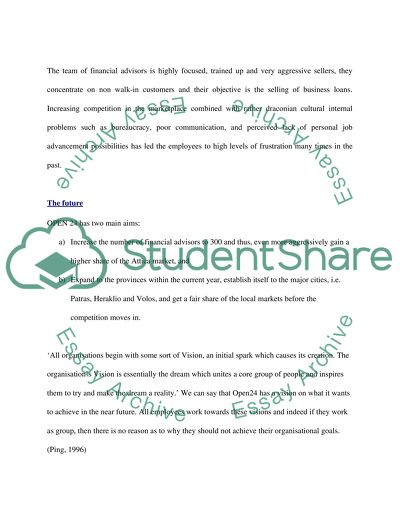Cite this document
(“Organisational Ethics in OPEN24 Essay Example | Topics and Well Written Essays - 1750 words”, n.d.)
Retrieved from https://studentshare.org/social-science/1499466-organisational-ethics
Retrieved from https://studentshare.org/social-science/1499466-organisational-ethics
(Organisational Ethics in OPEN24 Essay Example | Topics and Well Written Essays - 1750 Words)
https://studentshare.org/social-science/1499466-organisational-ethics.
https://studentshare.org/social-science/1499466-organisational-ethics.
“Organisational Ethics in OPEN24 Essay Example | Topics and Well Written Essays - 1750 Words”, n.d. https://studentshare.org/social-science/1499466-organisational-ethics.


